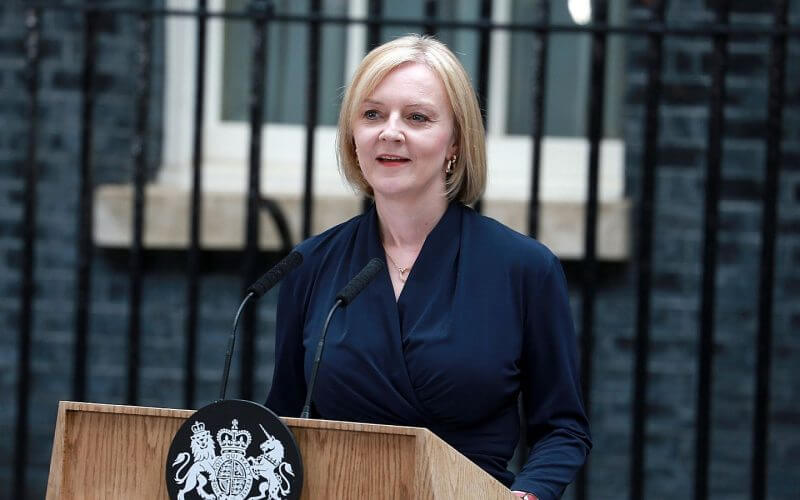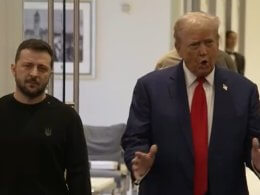British Prime Minister Liz Truss resigned Thursday after less than only two months in office after significant pressure rising from a reversal of economic policies that created economic uncertainty, and after Home Secretary Suella Braverman also resigned.
Her resignation followed her appointment as the last act of Queen Elizabeth II before she died Sept. 8 this year.
Truss made the shocking announcement just one day after she hinted she was in it for the stay, saying she is “a fighter and not a quitter.”
“Given the situation, I cannot deliver the mandate on which I was elected by the Conservative Party," the newly elected prime minister said. I have therefore spoken to His Majesty the King to notify him that I am resigning as leader of the Conservative Party.”
Truss said a new election for her replacement will take place “within the next week” and that until a successor is chosen, she will remain in her position.
In Braverman’s resignation she blamed Truss for continuing economic problems haunting the United Kingdom
“The business of government relies upon people accepting responsibility for their mistakes,” Braverman said. “Pretending we haven’t made mistakes, carrying on as if everyone can’t see that we have made them and hoping that things will magically come right is not serious politics.”
Braverman, who belongs to a more far right faction of Britain’s Conservative Party, previously ran for party leader but lost to Truss..
Braverman’s departure came days after Truss terminated Treasury official Kwasi Kwarteng as continued economic problems brewed, and the British Pound fell in value almost equal to the U.S. dollar. Typically, the British pound, also known as ‘sterling,’ is worth more than the U.S. dollar.
Problems arose after Truss’s administration proposed a tax cut plan last month, which were dismissed by other British officials in October.
Truss apologized to lawmakers on Wednesday, saying she made mistakes during her six weeks in office, but said getting rid of the tax plan was “the right decision in the interest of the country’s economic stability.”









